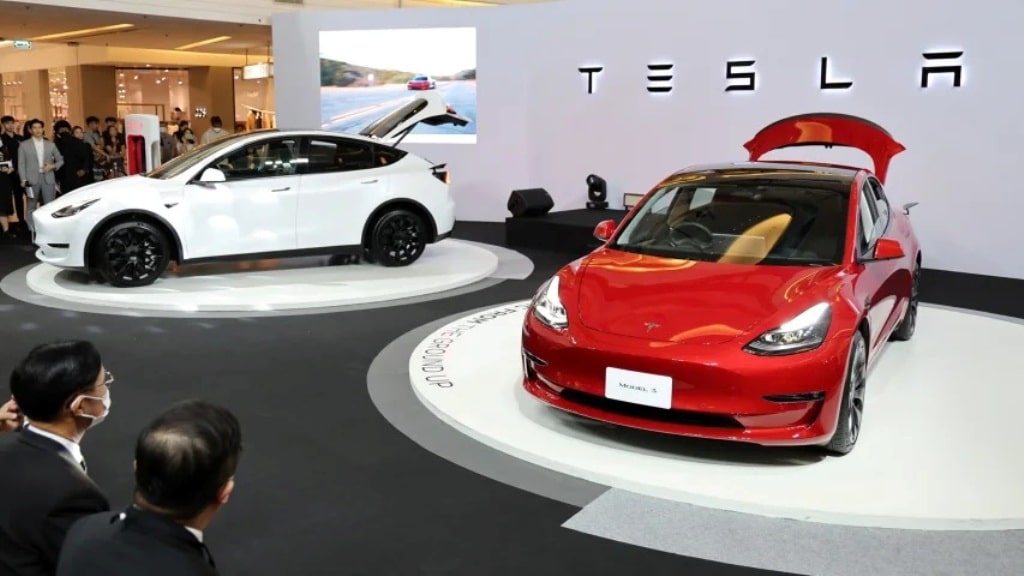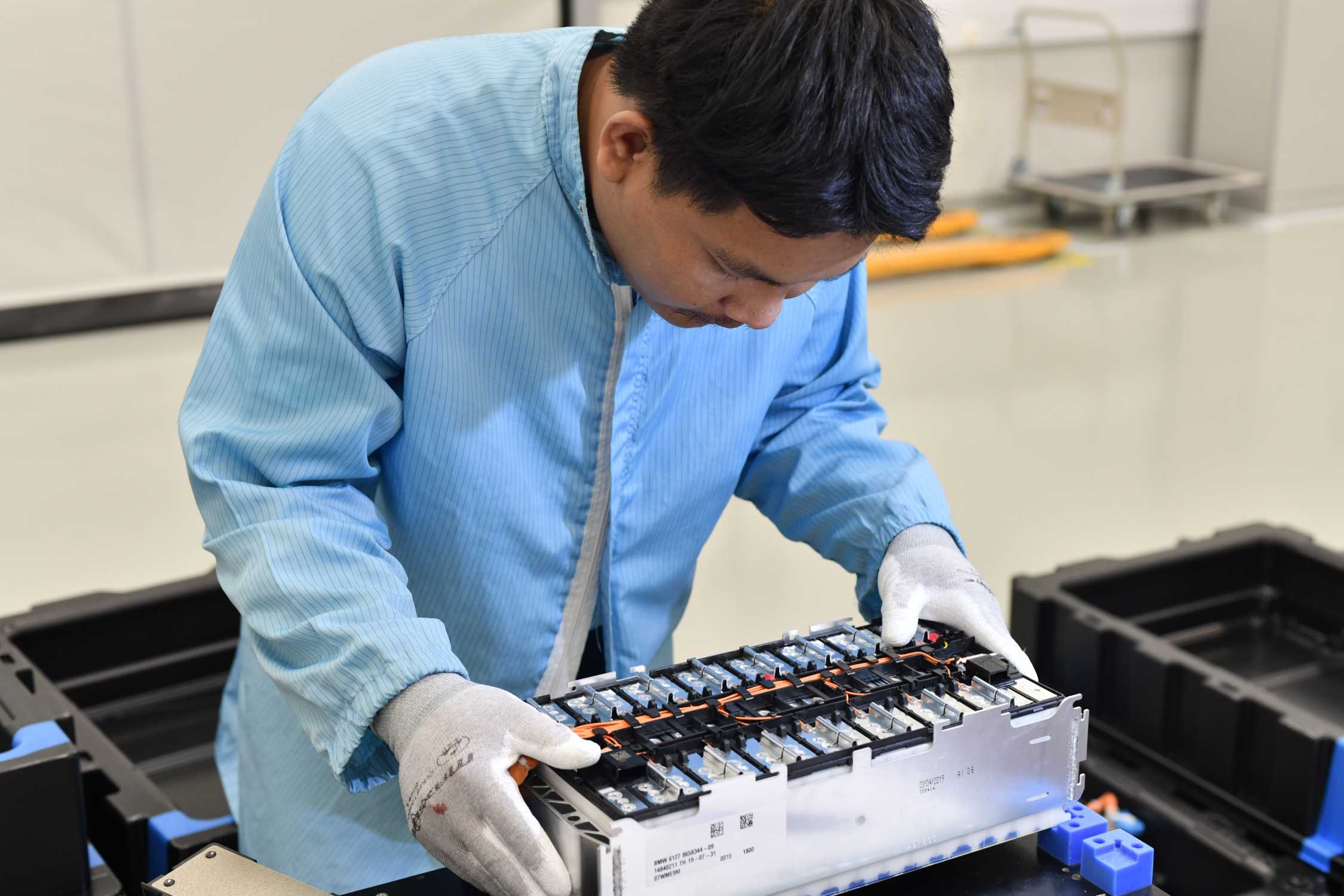Automotive
Tesla Launches 2 Electric Vehicle (EV) Models in Thailand

Tesla Inc launched two electric vehicle (EV) models in Thailand on Wednesday, marking the company’s first entry into the regional autos hub long dominated by Japanese manufacturers.
The introduction of two EVs with prices ranging from 1.7 million baht to 2.5 million baht (($48,447 to $71,205)) comes as Thailand pushes for EV adoption and production through tax breaks and subsidies.
The American automaker intends to begin selling electric vehicles in Southeast Asia’s second-largest economy through online channels, with deliveries beginning early next year.

However, Tesla faces stiff competition from Chinese brands such as BYD and Great Wall Motors, which have recently established showrooms and distribution partners to reach customers and offer EVs starting at 800,000 baht.
Tesla did not provide sales projections.
Thailand is Asia’s fourth-largest auto assembly and export hub, with companies such as Toyota Motor Corp and Honda Motor Co Ltd headquartered there. It produces 1.5 million to 2 million vehicles per year, about half of which are exported.

Fuel-powered vehicles, particularly those manufactured by Japanese brands, continue to dominate the market, but EV adoption has gradually increased, with the Thailand Automotive Institute reporting that approximately 7,000 new battery EVs were registered in the first ten months of 2022, up from 2,000 the previous year.
Customers who attended Tesla’s launch in a luxury mall in central Bangkok expressed interest in the new vehicles on offer.
“I’m ecstatic. The price differences (when compared to other EV brands) aren’t significant “Thitipun Paisirikul, 36, an office worker, added that he expected the car’s resale value to be high.
By 2030, the government hopes that at least 30% of vehicles produced in the country will be electric.
This year, Thailand’s state-owned energy firm PTT Group announced a $1 billion joint venture with Taiwan’s Foxconn to manufacture EVs in Thailand.
Thailand’s Lack of EV Charging Facilities
According to global management consultancy Arthur D. Little, Thailand is likely to miss its ambitious target of 50% locally made electric vehicles by 2030 due to a variety of factors, including high energy prices and limited EV charging facilities.
According to Akshey Prasad, senior engagement manager of Arthur D. Little Southeast Asia, EVs will account for only 7% of Thailand’s locally manufactured vehicles by the target date.
“We made a reasonable prediction based on our research and the factors we used in the calculation,” he explained.
According to Mr Prasad, the prices of renewable energy and charging services in Thailand remain high, while the number of EV charging stations is insufficient to serve EV drivers.
Unlike Indonesia, which has an abundance of nickel, a key component in battery manufacturing, Thailand lacks this raw material, according to him.

Thailand has zinc, which can be used to make batteries, but it must develop technology to use it, according to Mr Prasad.
“Thailand can collaborate with China, Japan, or Australia to use zinc as a raw material in the production of batteries. This improves the country’s competitiveness “He stated.
The prolonged global semiconductor shortage is another factor that may slow the growth of the EV industry in Thailand and other countries.
“Because of chip scarcity, many global automakers have delayed their EV production plans. We anticipate that the shortage will be alleviated within the next 2-3 years “Mr Prasad stated.
He was speaking as Arthur D. Little released its 2022 Global Electric Mobility Readiness Index (GEMRIX) on Tuesday, which compares market conditions for EVs and internal combustion engine-powered vehicles in 15 countries.
According to Andreas Schlosser, a partner in Arthur D. Little’s Global Automotive and Manufacturing Group, Thailand ranked ninth in terms of market readiness for EV adoption.
Over the last two years, global EV adoption has increased. Thailand, along with the United States, Japan, and the United Arab Emirates, is classified as an emerging EV market by GEMRIX, with scores ranging from 40 to 60.
EV adoption rates remain low, according to the consultancy, despite the Thai government’s efforts to boost EV production and consumption.
According to the firm, the government will most likely fall short of its target of producing 1.12 million zero-emission vehicles by 2030.
Thailand’s EV sales are expected to rise from 1,572 units in 2020 to 831,161 units by 2030.































